Learn : Food & Nutrition
Can Dogs Eat Persimmons?
Tangy and sweet, smooth and silky, persimmons are packed with essential vitamins to support dog health. But while the fruit of a persimmon is safe for your dog to eat, the seeds and pit of a persimmon can cause intestinal blockages, so you should make sure they’ve been carefully removed before feeding a persimmon to your dog.
Here are a few things to keep in mind when it comes to feeding your dog persimmons:
- While humans know how to avoid the pits and seeds of persimmons, dogs aren’t quite as intuitive. Because the seeds and pits can’t be digested, they can cause digestion and blockage issues inside their small intestines, so you should be careful to remove them yourself.
- The seeds of persimmons aren’t necessarily toxic for your dog, but should still be avoided because of the blockages they could cause — not to mention the choking hazard they present.
- Feeding your dog too many persimmons can cause diarrhea for your furry friend, so make sure you only feed him a small amount at a time.
- When treating your dog to persimmons (or any food that isn’t part of their food) it’s a good idea to follow the 10% rule: only around 10% of your dog’s daily caloric intake should come from treats or snacks.
The Health Benefits of Persimmons
With those warnings out of the way, it’s worth noting that the actual persimmon fruit is antioxidant-heavy and works well as a treat — in moderation, of course.
- Persimmons contain high levels of both Vitamin A and B, responsible for supporting vision and energy levels, respectively.
- Persimmons also contain high amount of lycopene, which has been suspected to help deter cancer-forming tumors.
We still wouldn’t recommend feeding your dog much more than a persimmon a week, as you won’t want them in the habit of expecting something sweet at every meal. Not to mention, too many persimmons could lead to diarrhea or upset stomachs.


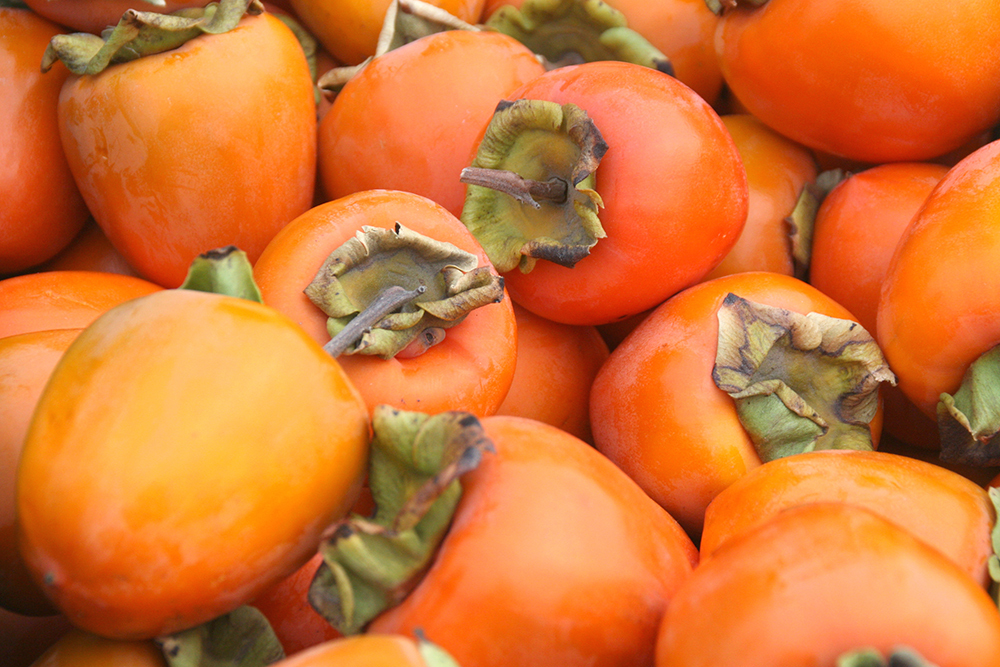
 Can Dogs Eat Tomatoes?
Can Dogs Eat Tomatoes?
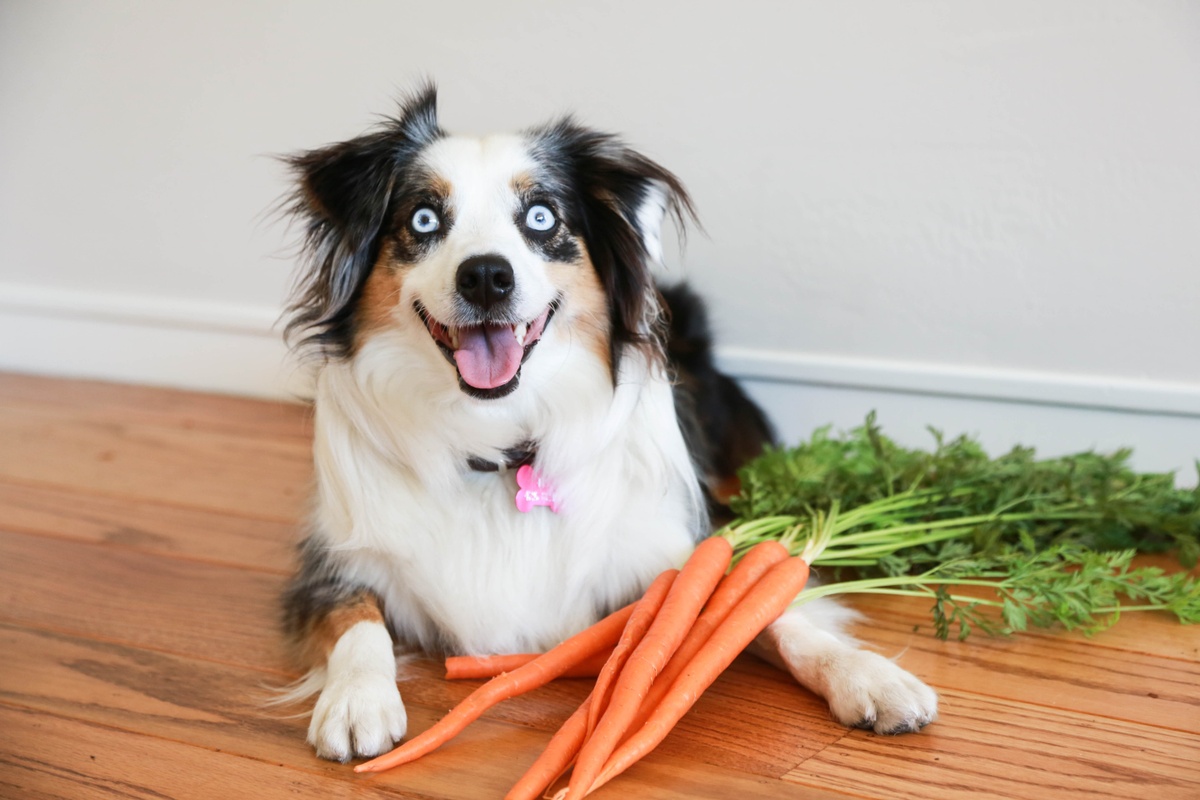 Can Dogs Eat Carrots?
Can Dogs Eat Carrots?
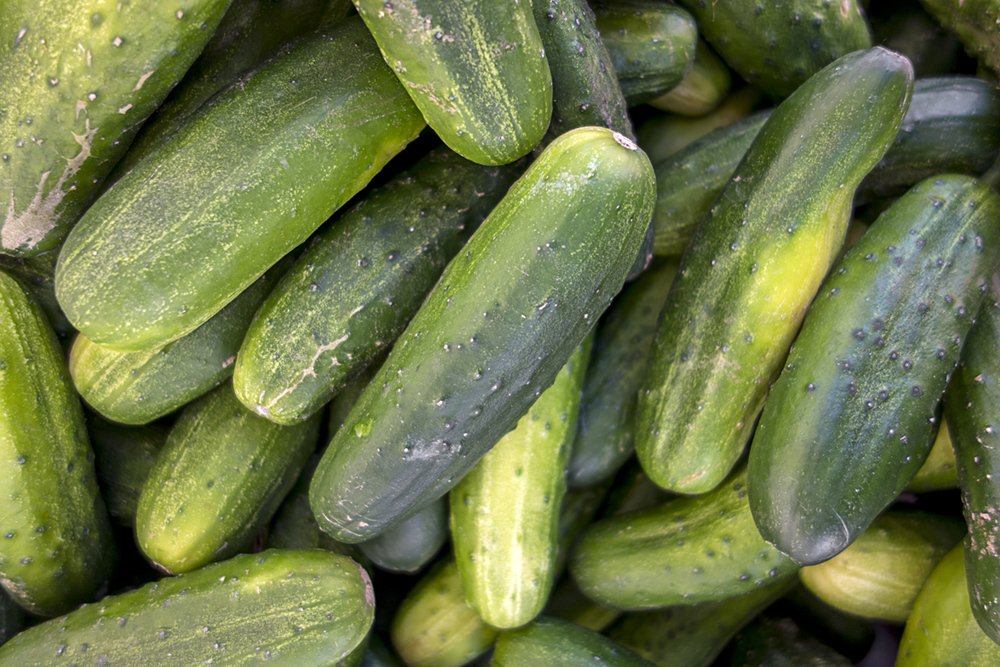 Can Dogs Eat Cucumbers?
Can Dogs Eat Cucumbers?
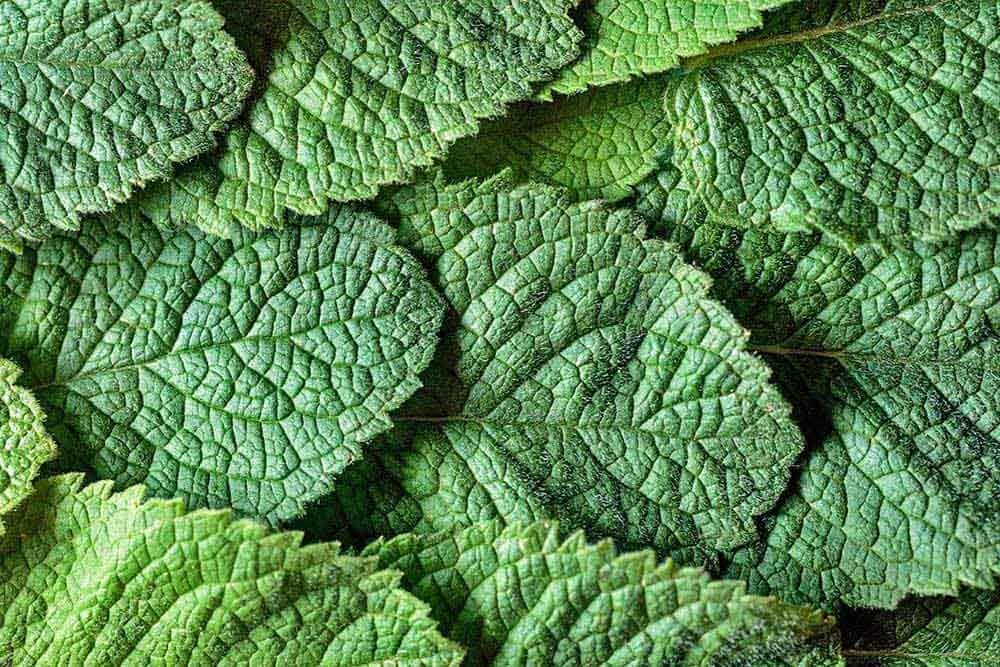 Can Dogs Eat Mint?
Can Dogs Eat Mint?
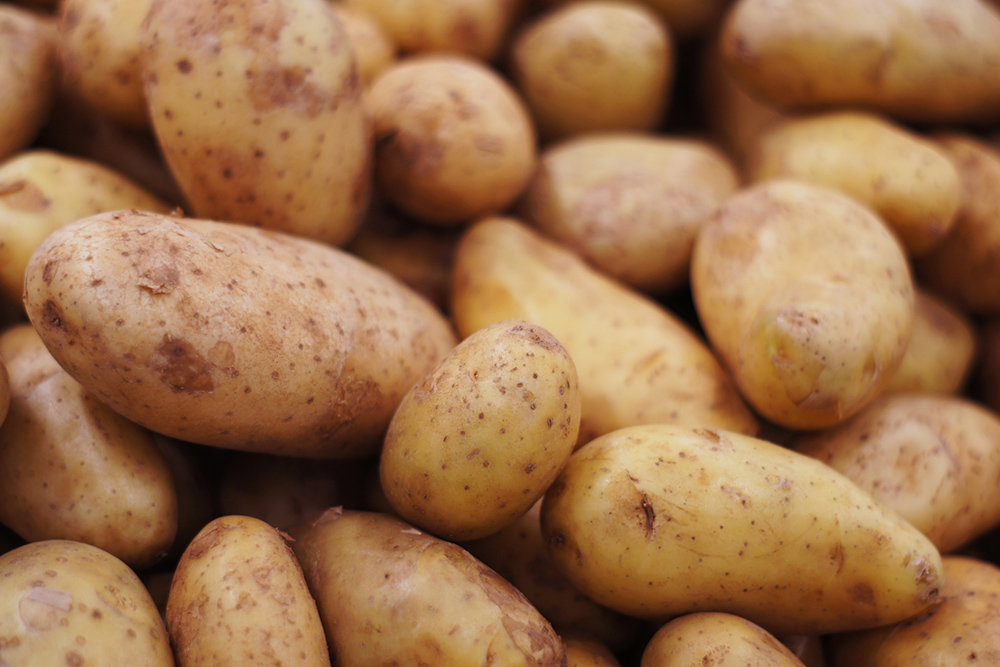 Can Dogs Eat Potatoes?
Can Dogs Eat Potatoes?
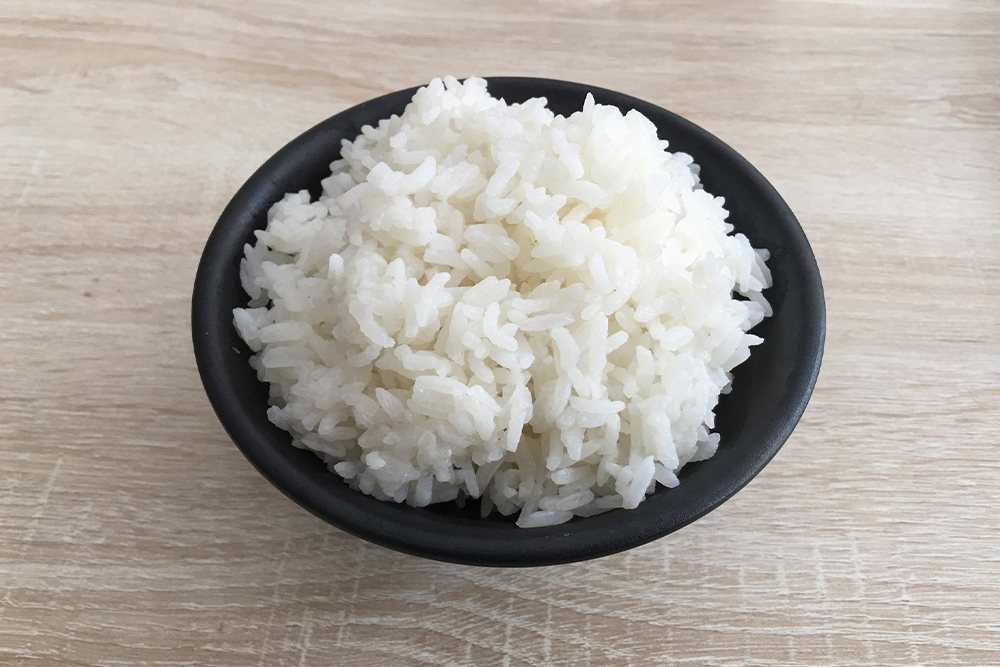 Can Dogs Eat Rice?
Can Dogs Eat Rice?